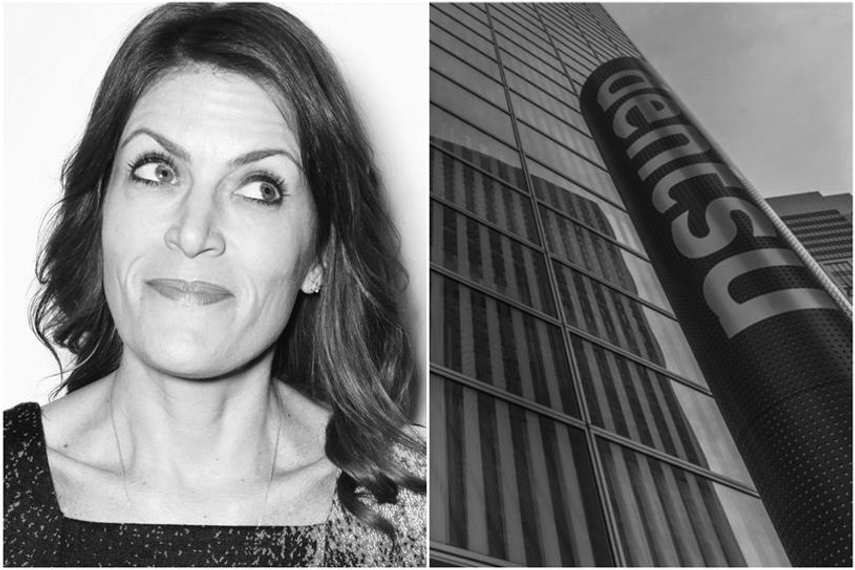
Please sign in or register
Existing users sign in here
Having trouble signing in?
Contact Customer Support at
[email protected]
or call+91 022 69047500
She has the personality and experience Dentsu demands for its international business. But can she add firepower to its creativity and culture?

Contact Customer Support at
[email protected]
or call+91 022 69047500
Top news, insights and analysis every weekday
Sign up for Campaign Bulletins
The sport’s key players—from clubs to leagues—are using targeted social media strategies and exclusive content formats to drive growth in China, according to Mailman’s annual Red Card report.
But breakup of the company could lead to higher prices for advertisers.
Jurors hail from 52 country markets; Ivory Coast and Kazakhstan represent for the first time.
Our weekly roundup of the latest appointments and account wins news from The Trade Desk, Ghadi Detergent, Abby Awards, Django, and many more.